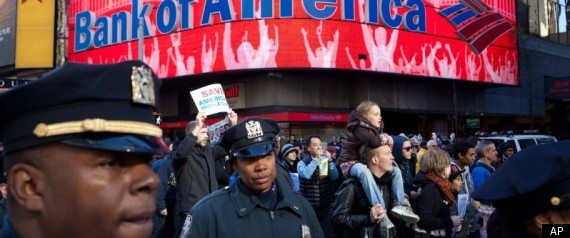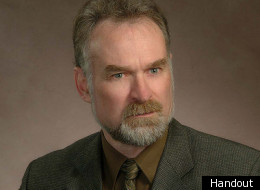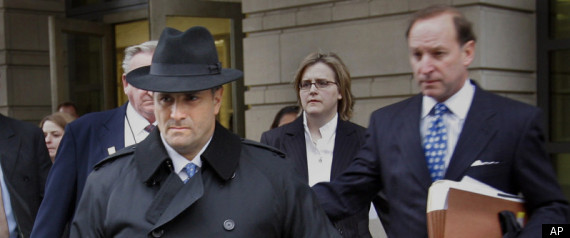NEW YORK (AP) -- While more U.S. cities are resorting to force to break up the Wall Street protests, many others - Philadelphia, New York, Minneapolis and Portland, Ore., among them - are content to let the demonstrations go on for now.
New York Mayor Michael Bloomberg, for example, said Friday that the several hundred protesters sleeping in Zuccotti Park, the unofficial headquarters of the movement that began in mid-September, can stay as long as they obey the law.
"I can't talk about other cities," he said. "Our responsibilities are protect your rights and your safety. And I think we're trying to do that. We're trying to act responsibly and safely."
Still, the city made life a lot harder for the demonstrators: Fire authorities seized a dozen cans of gasoline and six generators that powered lights, cooking equipment and computers, saying they were safety hazards.
New York Mayor Michael Bloomberg, for example, said Friday that the several hundred protesters sleeping in Zuccotti Park, the unofficial headquarters of the movement that began in mid-September, can stay as long as they obey the law.
"I can't talk about other cities," he said. "Our responsibilities are protect your rights and your safety. And I think we're trying to do that. We're trying to act responsibly and safely."
Still, the city made life a lot harder for the demonstrators: Fire authorities seized a dozen cans of gasoline and six generators that powered lights, cooking equipment and computers, saying they were safety hazards.









